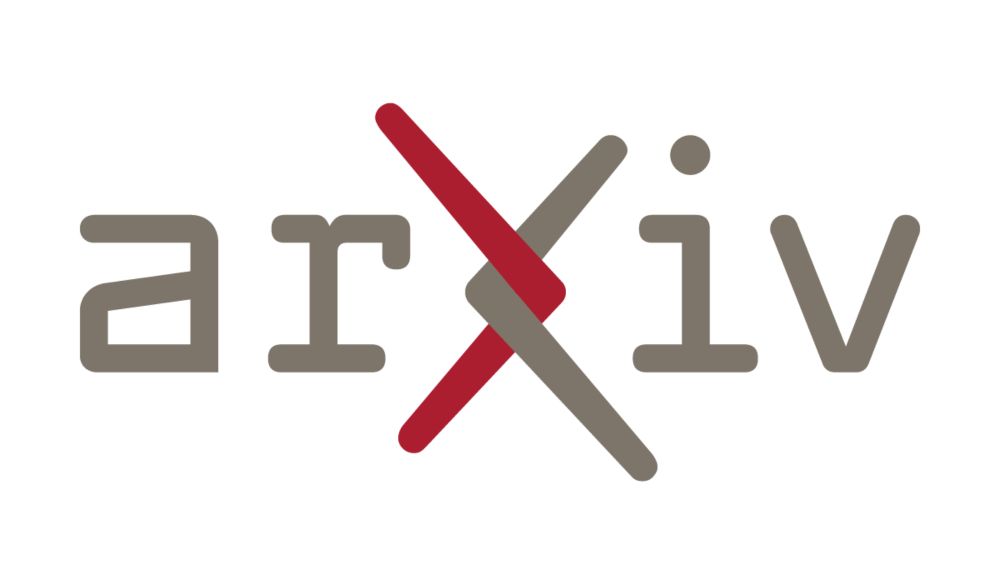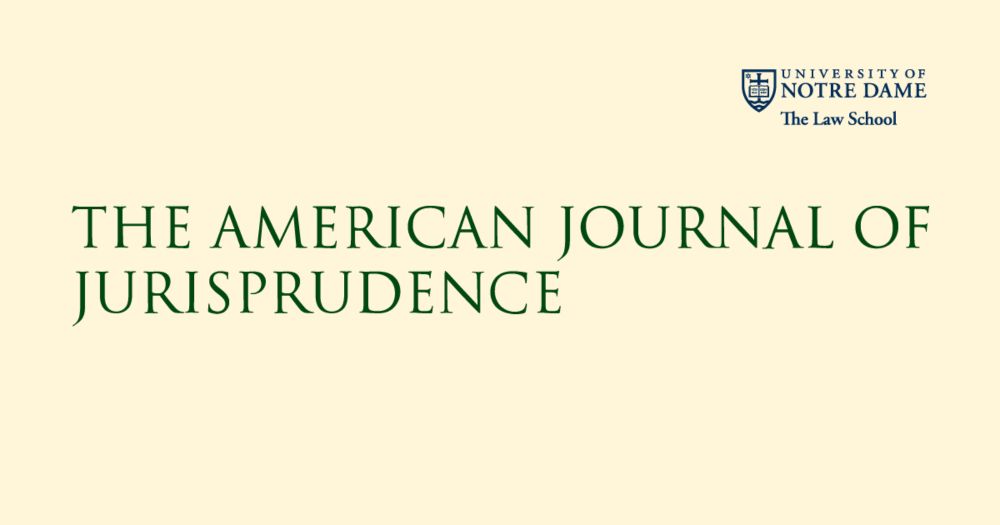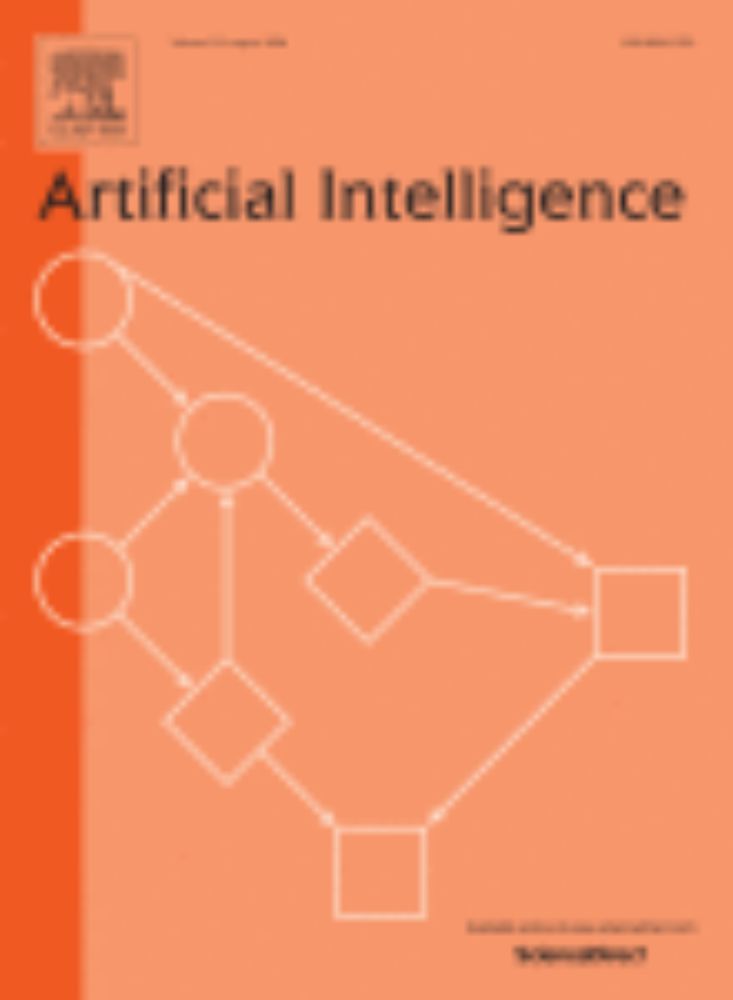Brian Flanagan
@lawstuff.bsky.social
670 followers
880 following
34 posts
School of Law, Maynooth University. Philosophy, law-and-courts.
"Pesky academic" The Guardian;
"Plainly wrong" High Court of Ireland.
Posts
Media
Videos
Starter Packs
Reposted by Brian Flanagan
Paul Bernal
@paulbernal.bsky.social
· Aug 24
Brian Flanagan
@lawstuff.bsky.social
· Jul 16
Brian Flanagan
@lawstuff.bsky.social
· Jul 16
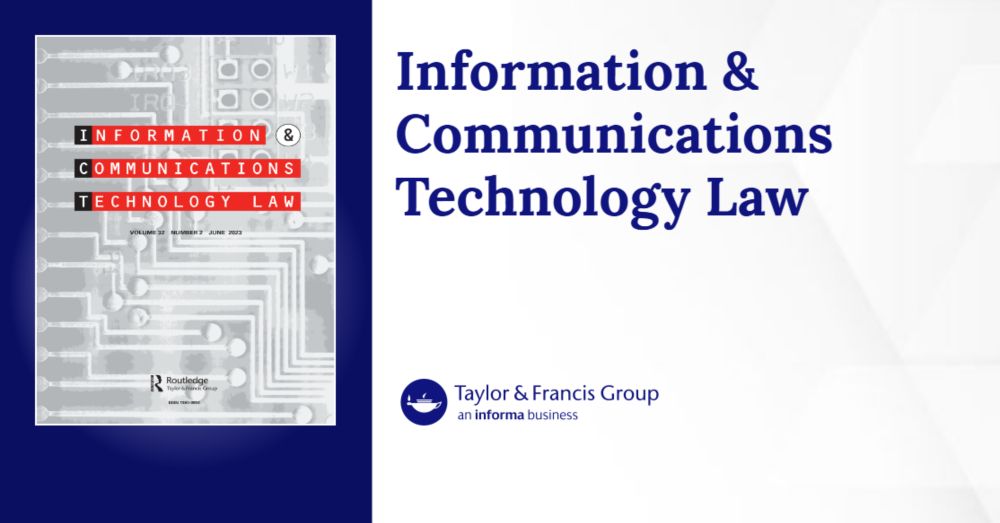
The rule of law or the rule of robots? Nationally representative survey evidence from Kenya
With AI now passing the bar, and with increasing court caseloads worldwide hampering access to justice, there are calls for judges to make use of chatbots to help expedite their work. Such calls po...
www.tandfonline.com
Brian Flanagan
@lawstuff.bsky.social
· Jun 30

Deserting as resistance: the Easter Rising’s impact on the Western Front - Village Magazine
British military justice backfired in the case of Irish ‘Tommies’ By Brian Flanagan School history teaches that World War I’s causes were complex: Nationalism, Militarism, Imperial ambition and declin...
villagemagazine.ie
Reposted by Brian Flanagan
Reposted by Brian Flanagan
Lawrence Solum
@lsolum.bsky.social
· Jun 11

Experimental Jurisprudence (Stanford Encyclopedia of Philosophy)
Experimental jurisprudence (or “X-Jur”) addresses questions of jurisprudence or legal philosophy by complementing traditional philosophical analysis with empirical methods. Often those methods…
plato.stanford.edu
Reposted by Brian Flanagan
Irish Legal News
@irishlegal.com
· May 13
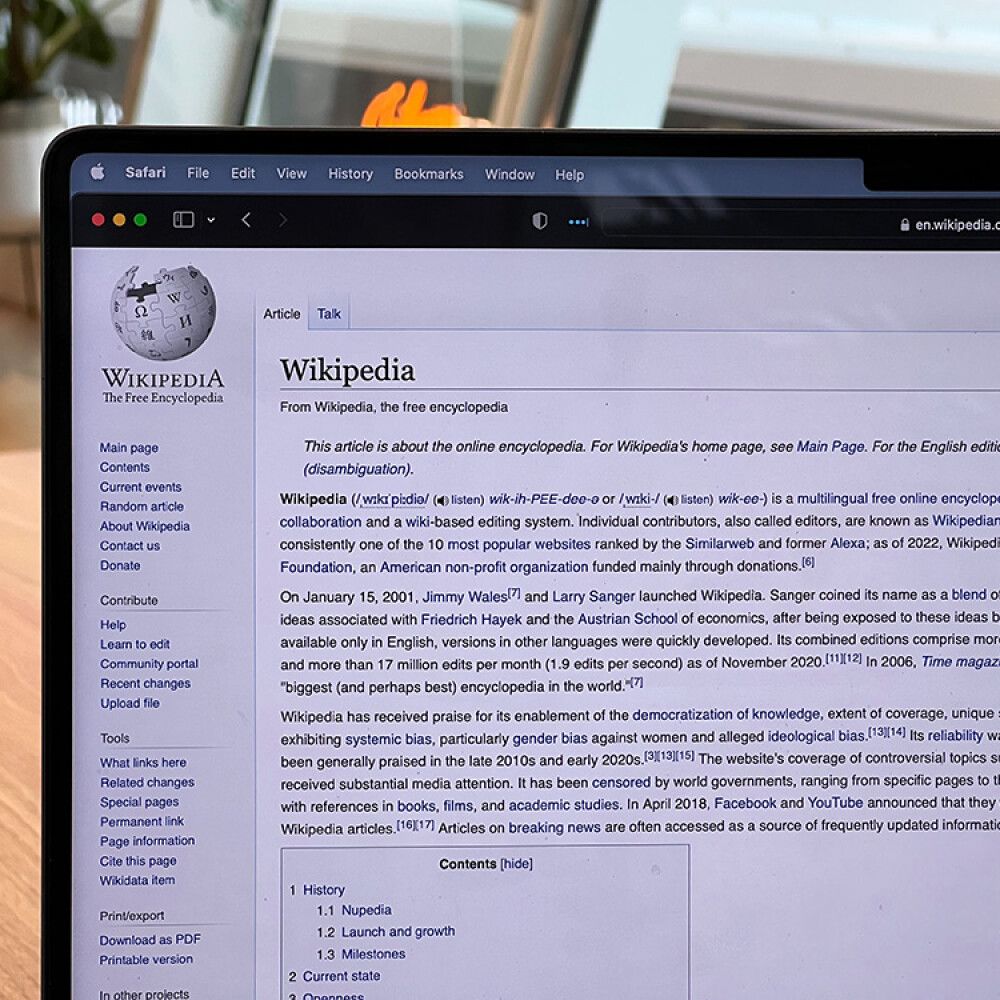
Fresh fuel poured on debate over Wikipedia influence on judgments
Researchers who set the cat among the pigeons when they claimed to have evidence that Wikipedia was influencing judicial decision-making in Ireland have said they stand by their findings.
www.irishlegal.com
Brian Flanagan
@lawstuff.bsky.social
· Apr 25
Reposted by Brian Flanagan
Sam Halpert
@samhalpert.bsky.social
· Apr 15
Reposted by Brian Flanagan
Paolo Sandro
@paolosandro.bsky.social
· Apr 7
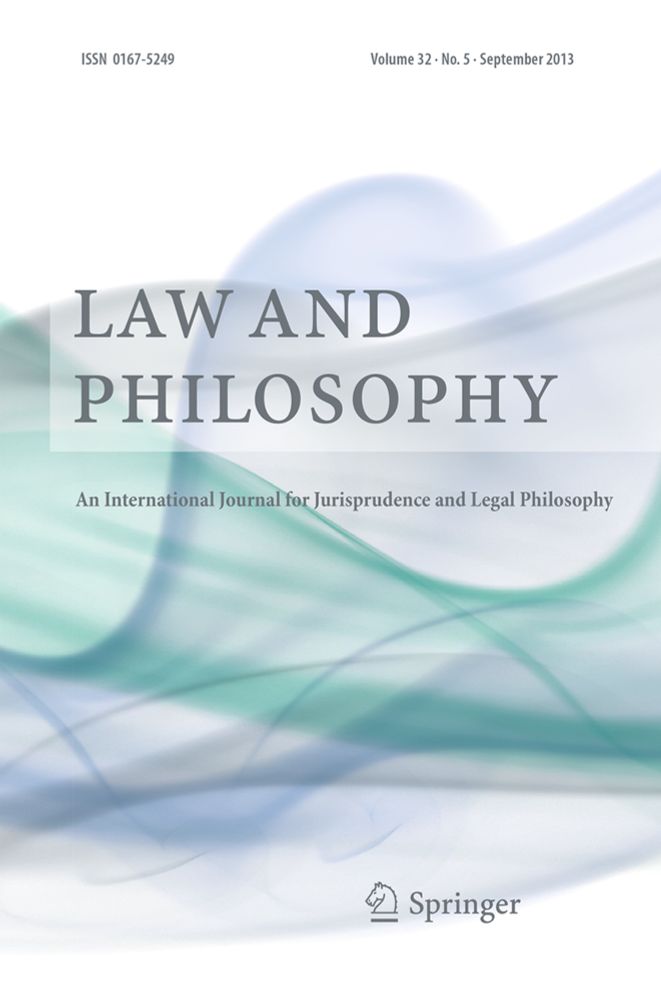
Legislative Intent and the Hard Problem of Content - Law and Philosophy
The general aim of this paper is to investigate how philosophical problems with the notion of mental content affect the debate about legislative intent. Specifically, the aim is to define and criticiz...
link.springer.com
Brian Flanagan
@lawstuff.bsky.social
· Mar 22
Brian Flanagan
@lawstuff.bsky.social
· Mar 18
Brian Flanagan
@lawstuff.bsky.social
· Mar 3
Evidence of conceptual mastery in the application of rules by Large Language Models
In this paper we leverage psychological methods to investigate LLMs' conceptual mastery in applying rules. We introduce a novel procedure to match the diversity
papers.ssrn.com
Brian Flanagan
@lawstuff.bsky.social
· Feb 18
Reposted by Brian Flanagan
Brian Flanagan
@lawstuff.bsky.social
· Feb 13
Brian Flanagan
@lawstuff.bsky.social
· Jan 17
Brian Flanagan
@lawstuff.bsky.social
· Jan 9

Ryanair seeks €15k in damages from disruptive passenger
Ryanair has said a civil action filed against a passenger is part of a zero-tolerance policy on unruly behaviour on its aircraft and it warned it will not be the last time it sues somebody for causing...
www.rte.ie

